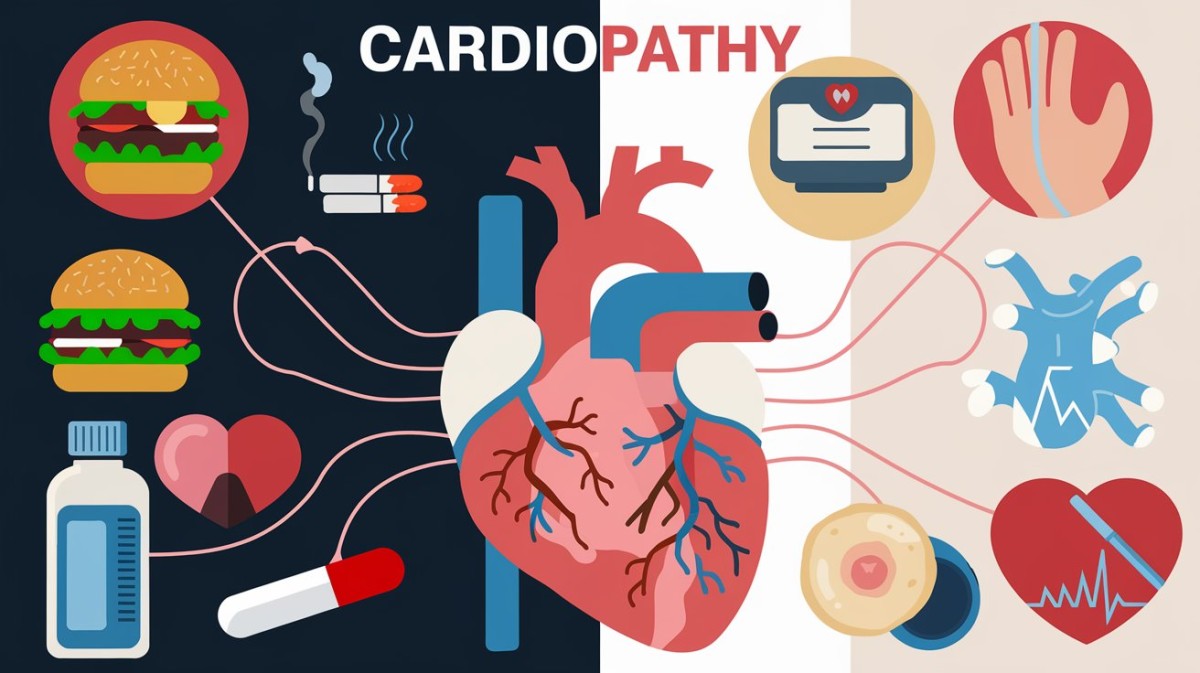Have you ever gotten goosebumps out of the blue, like your heart has something to say to you?
Maybe you might have been driving a car and in the middle of the journey, you feel some discomforts such as tightness in the chest and find yourself reasoning if it could be because of stress or what could be wrong with you. Our heart is a special organ in our body giving its best to maintain life for us and when it fails to do then it is a sign that maybe, it’s asking for help. Cardiopathy is a general term for any disease affecting the heart which is also known as heart disease. However, what causes these conditions or leads to it is still a puzzle to many people.
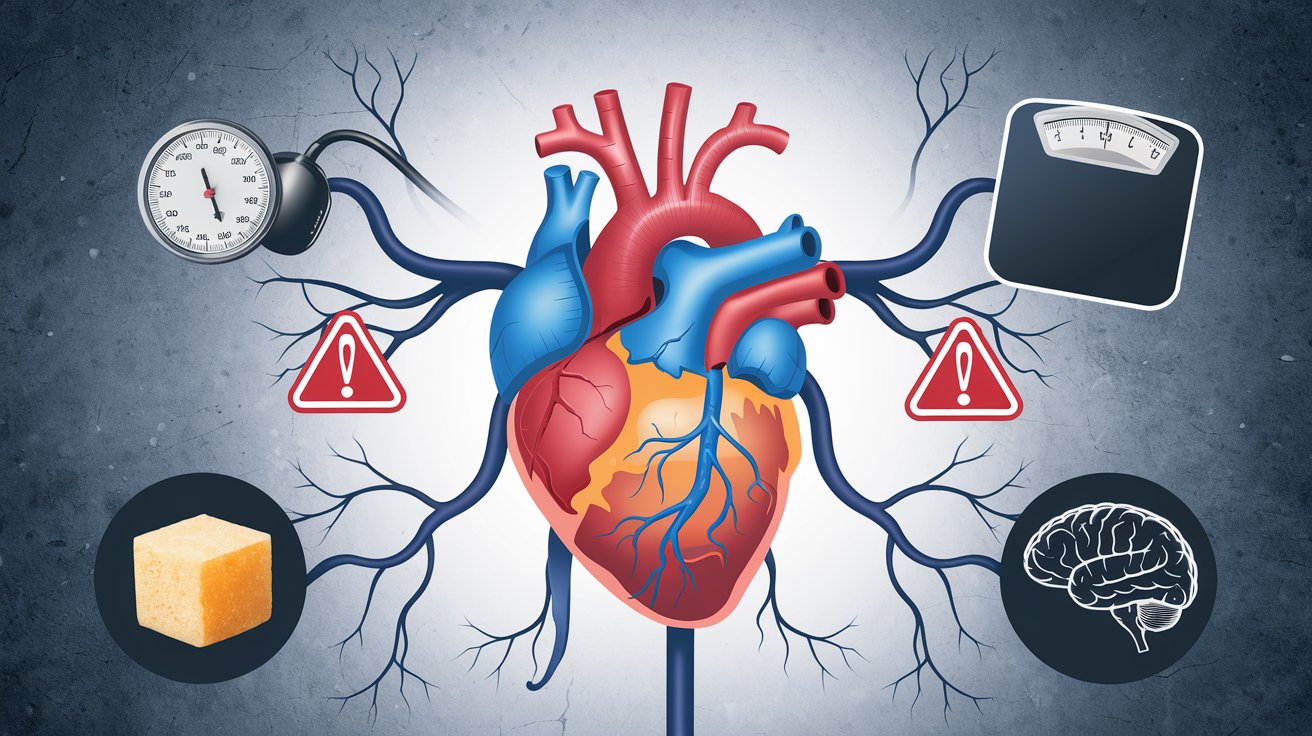
What are the possibilities to identify the signs and, more to the point, can there be a solution? It is high time to get deeper into the field of cardiopathy and reveal the answers and you to comprehend this sphere of health.
What is Cardiopathy?
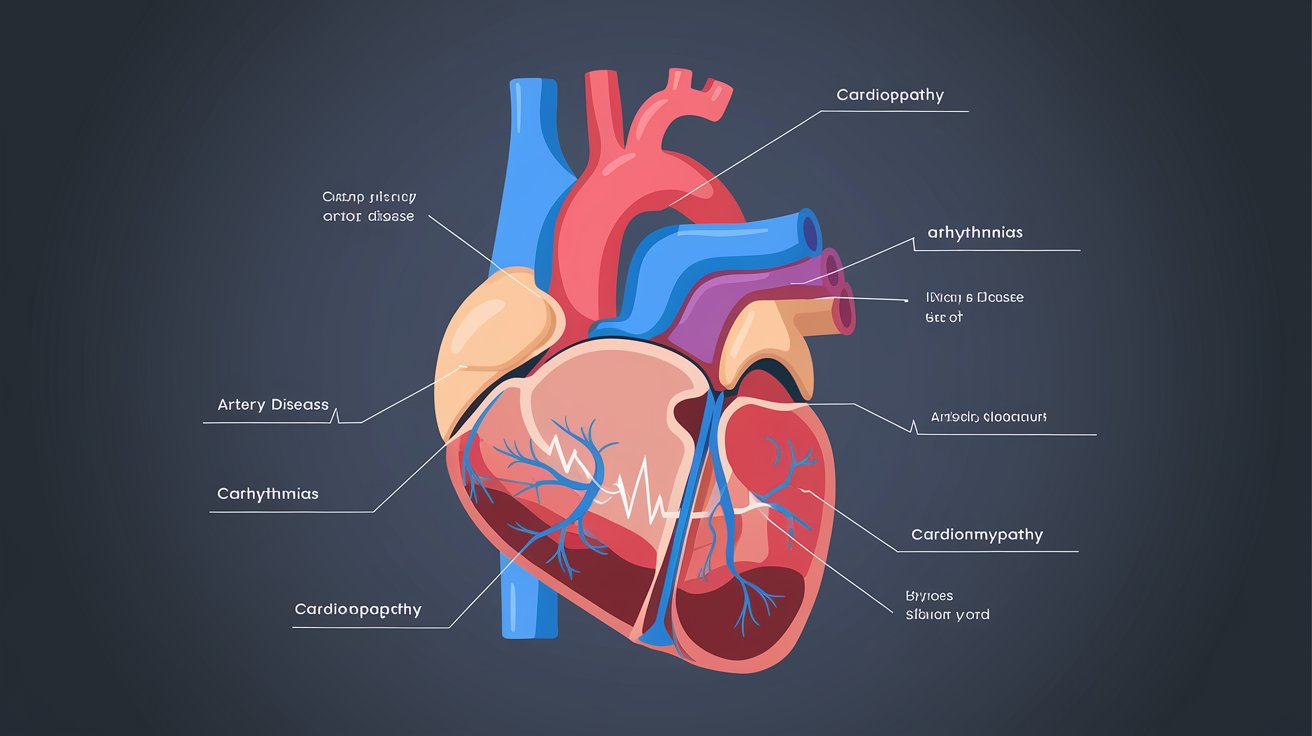
Cardiopathy or heart disease is a term that is used to describe a wide range of conditions that are associated with the heart’s dysfunction. Such disorders can be primary, implying that they are from birth as congenital heart diseases to secondary that results from factors such as lifestyle and other ailments. Cardiopathy can be categorized in to many forms but it most prevalent forms include; coronary artery disease, heart arrhythmia, cardiomyopathy and valvular heart disease.
Causes of Cardiopathy
It is important to identify the factors that lead to development of cardiopathy so as to avoid, prevent and control the condition. Although some causes are inherent such as genetic, others are obvious as they emanate from one’s lifestyle.
1. Genetic Factors

Inherited Conditions: Some of the diseases related to the heart are genetic which makes them be inherited from one generation to another. The occurrence is much higher if one has a history of heart disease in the family.
Congenital Heart Defects: These are the abnormalities of the heart that are usual from birth and it may have an influence on the development of the heart or the manner in which it works.
2. Lifestyle Factors

Unhealthy Diet: Consuming foods containing saturated fats, trans fats and cholesterol may cause deposits on the walls of the arteries, thus leading to increase in the chances of getting coronary artery disease.
Lack of Exercise: Lack of exercise may lead to obesity, high blood pressure and high cholesterol which are some of the cardio vascular disease precursors
Smoking: Tobacco use affects the blood and heart adversely hence contributing to high risk of cardiovascular diseases.
Excessive Alcohol Consumption: Excessive take of alcohol increases blood pressure, leads to heart failure and may cause stroke.
3. Medical Conditions
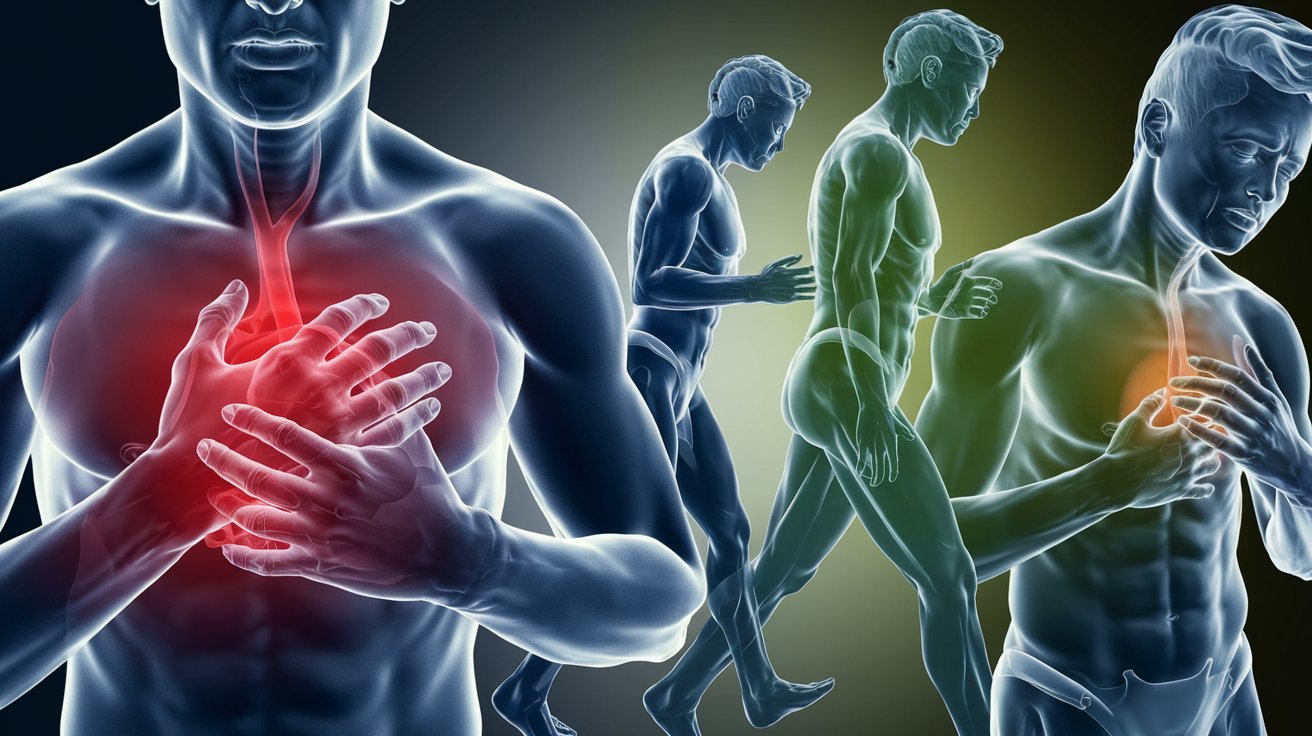
High Blood Pressure (Hypertension): If in the long-run, the blood pressure is raised it leads to compressing of blood vessels causing varieties of heart disease.
Diabetes: Poor blood sugar control makes the blood arteries and nerves that is in charge of the heart weak hence causing cardiopathy.
Obesity: Obesity may also cause high blood pressure, high cholesterol and diabetes all of which are the risk factors of developing heart diseases.
Chronic Stress: Protracted stress results in increased blood pressure as well as other unhealthy behaviour such as overeating, smoking, or taking alcohol in excess and therefore boosts the risk.
Symptoms of Cardiopathy

The signs that can signify cardiopathy may differ with the type of the heart disease, but there are some which must not be overlooked.
1. Chest Pain or Discomfort
This is commonly referred to as pressure, squeezing, tightness, or pain in the chest area and is a very typical characteristic of many of the heart diseases including coronary artery disease.
2. Shortness of Breath
This is you know be during activity or even during rest and this is an indication that the heart may not be pumping blood appropriately in the body.
3. Fatigue
Lack of energy or for no apparent reason, feeling tired after going through the normal daily activities one is supposed to engage in may show that the heart is not working well.
4. Swelling (Edema)
Leg swelling or oedema particularly at the ankle and feet may be an indication that the heart failure because the organ is not pumping blood as it should.
5. Irregular Heartbeat (Arrhythmia)
Palpitation of the heart, which is an unusual sensation that feels as though the heart’s rate is irregular, either slow down, speeds up or has a fluttering feeling, is usually brought on by an arrhythmia.
6. Dizziness or Fainting
Such signs indicate the possibility of an abnormal beating of rhythm of the heart or inadequate blood supply to the brains, two dangerous conditions that call for the attention of a doctor.
Guide to the Cure and Management of Cardiopathy
To be specific, certain types of cardiopathy is treatable while other types may be controlled throughout the life. It is very important that these conditions are diagnosed at an early stage and treated if good quality of life and reduced state of disease is to be achieved.
1. Lifestyle Modifications

Dietary Changes: There are a number of steps that can be taken to decrease the possibility of developing heart disease: one of them is having a balanced diet that includes fruits, vegetables, whole grains, and lean protein foods. Reducing the intake of salt, sugar as well as unhealthy fats also have to be observed.
Regular Exercise: Pedometer strategies or swimming or cycling exercises are healthy exercises that can help build up the heart in order to have sound cardiovascular health.
Quitting Smoking: Smoking is a major risk factor of heart disease and any efforts to quit smoking are beneficial to general health.
Stress Management: Physical exercise like meditation Yoga, deep breathing, and other Aromatherapy, music therapy, and other methods can learn how to cope with stress and lessen the effects on the heart.
2. Medications

The drugs that can be used include those which regulate the blood pressure and cholesterol as well as those that prevent formation of blood clots, and drugs that manage the heartbeat.
Some of the drugs that affect elderly people are beta-blockers, ACE inhibitors, statins, and anticoagulants among others. These medications assist in the control of these symptoms while at the same time avoiding any further harm to the heart.
3. Surgical Interventions
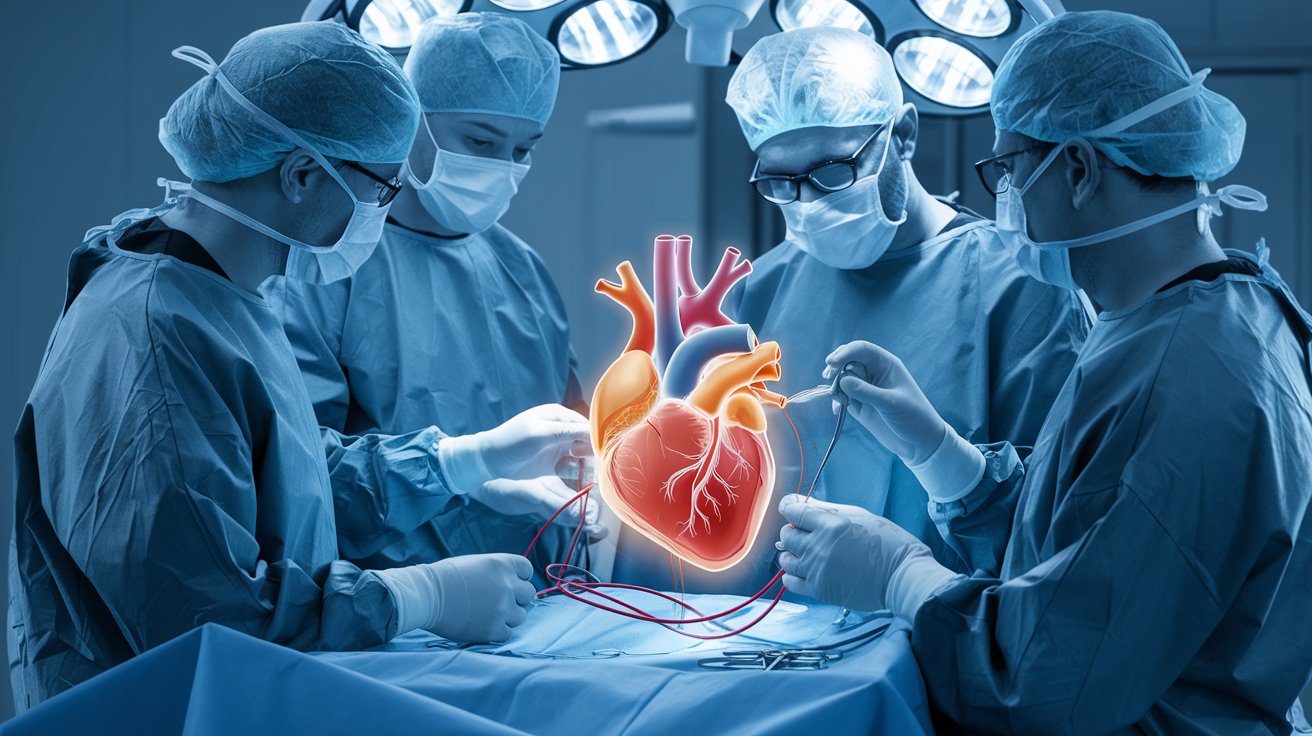
There are inflammations that require surgery to treat, and if cardiopathy reaches these extremes the surgery will be necessary. Some of these are angioplasty in which the blocked arteries are opened with the use of a balloon and insertion of a stent or bypass surgery, in which blood flow is rerouted around the blocked artery.
Other surgeries may include reconstructive heart surgeries which may include operations to mend heart valves or replace them, putting in of a pacemaker, and the direst procedure of a heart transplant.
4. Regular Monitoring and Follow-Up

It is important for a person suffering from heart conditions to schedule appointments with his or her healthcare provider for check-ups. This incorporates normal tests that are conducted often like Electrocardiogram (ECG), Echocardiogram, and blood test to check on the heart and to check for any changes as early as possible.
Conclusion
Cardiopathy is one of the most intricate and deadly health complications, yet, like other diseases, it can be controlled once the appropriate information, diet and medication are employed. Being aware of the determinants of the conditions and signs of onset definitely changes a lot, and embracing a healthy heart lifestyle reduces chances of getting heart ailments. Always bear it in mind you have only one heart and that is the powerhouse of your body if you must live a good life keep the heart in good form.
